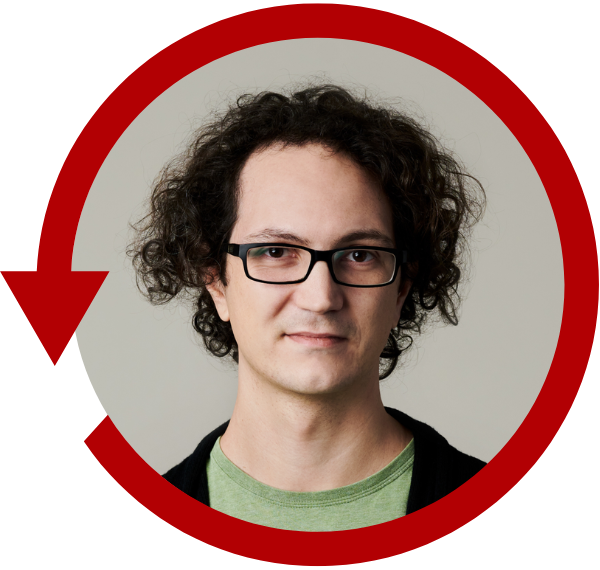All you need is focus - swapping tickets for ownership
- Track B - Flora
- 10:00 - 10:45
- Gabriel Schanner
- Talk
- Englisch
Description
In this talk, I’ll share how we improved our team’s workflow to better manage 20 people split into 2-4 sub-teams, working across a variety of products. While we were performing well, we recognized inefficiencies in prioritization, visibility, and ownership. By shifting our approach, we introduced a weekly focus, team collaboration, and visual progress tracking that empowered individuals to take responsibility for their work.
Why Change?
Managing a diverse team with minimal process overhead worked but left room for improvement. Our products—ranging from SDKs to hardware—had complex, overlapping workflows, and efforts weren’t fully visible using traditional tools like Jira. Many important tasks, like feature inception, deployments, and release management, often slipped through the cracks, making it difficult to maintain focus on critical priorities.
Some of the Struggles We Faced:
1. Balancing Priorities: Distinguishing between high-priority tasks and smaller, time-filler tickets was a challenge on a personal level
2. Hidden Work: Critical non-story tasks like release management often lacked visibility.
3. Team Collaboration: We struggled to decide what work should be tackled by sub-teams versus the whole group.
Key Takeaways
1. Improved Visibility: Tasks that previously weren’t captured in tickets, became visible and trackable.
2. Clarity on Priorities: Everyone knew the most important task to focus on each day and week.
3. Empowerment Through Ownership: The shift to ownership-driven work helped team members feel more accountable and motivated.
4. Streamlined Process: The focus approach worked across all roles, making the entire team more agile and aligned.
While still a work in progress, this focus-driven model has made our team more efficient and improved the clarity of focus on a personal level. In this talk, I’ll share how we implemented these changes and what we’ve learned along the way.

Gabriel Schanner
Gabriel Schanner hat Informatik auf der TU Graz studiert und seit dem Bestehen von wirecube seit 2015 Entwicklerteams in mehrere Projekten geleitet. Seit 2022 ist er in der Entwicklung der Tochterfirma shopreme aktiv, deren Scan&Go Ökosystem und Selbstbedienungskassen bereits in tausenden Geschäften Euopas frischen Wind in den stationären Handel bringt.
Gabriel Schanner studied computer science at TU Graz and has led development teams on multiple projects since the founding of Wirecube in 2015. Since 2022, he has been actively involved in the development of Wirecube’s subsidiary, shopreme, whose Scan & Go ecosystem and self-checkout solutions are bringing fresh innovation to brick-and-mortar retail in thousands of stores across Europe.
Sichern Sie sich jetzt Ihr Ticket!
Wir freuen uns, Sie auf der Agile Austria Conference 2025 begrüßen zu dürfen.
